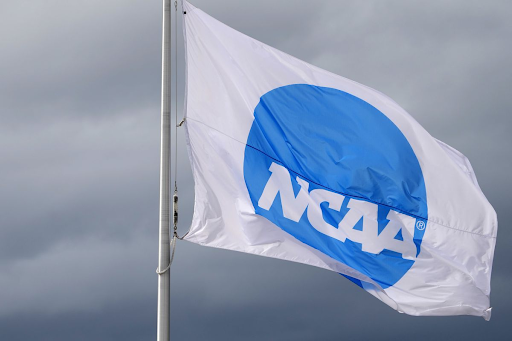NIL rights and the debate on colleges paying their athletes

Image via SBNation
In recent years, there has been a lot of debate surrounding the issue of whether college athletes should be paid and be able to profit off their Name, Image and Likeness (NIL). This has become an increasingly contentious issue in the world of college sports, with arguments on both sides of the debate.
Those in favor of paying college athletes argue that these young men and women bring in millions of dollars in revenue for their respective universities, yet are not compensated for their hard work on the field or court. Many believe that it’s unfair for coaches, universities, and athletic departments to profit off the labor of college athletes without providing them with any compensation.
Those who oppose of paying college athletes argue that athletes already receive scholarships to attend school, which can be worth tens of thousands of dollars per year. Additionally, they argue that paying college athletes would destroy the amateur status of college sports and potentially lead to the downfall of the NCAA.
Another issue surrounding the debate is the idea of NIL rights. Currently, college athletes are prohibited from profiting off their own NIL, while their universities and coaches can use them for marketing and advertising purposes.
Supporters of NIL rights argue that college athletes have worked hard to build their personal brands and should have the right to benefit from their own hard work. Additionally, they argue that NIL rights would provide more opportunities for athletes to earn money and potentially reduce the need for schools to pay them a salary.
Those who oppose NIL rights worry that it would lead to inequities in the world of college sports with top athletes potentially earning huge sums of money while others may not receive any offers. They also worry that it could lead to a potential recruiting tool for schools to entice athletes to attend their university with the intention of gaining a bigger audience and more money.
The debate on whether college athletes should be paid and have the right to profit from their NIL is ongoing and contentious. Supporters argue that college athletes deserve financial compensation for their hard work and dedication, as well as the right to profit from their personal brands. Opponents, however, express concerns about the impact on amateurism, team dynamics, and potential corruption.
Aidan Thomas is a Senior at South Lakes and Staff Editor for the Sentinel. This is his second year writing and now editing for the Sentinel. Aidan enjoys...












